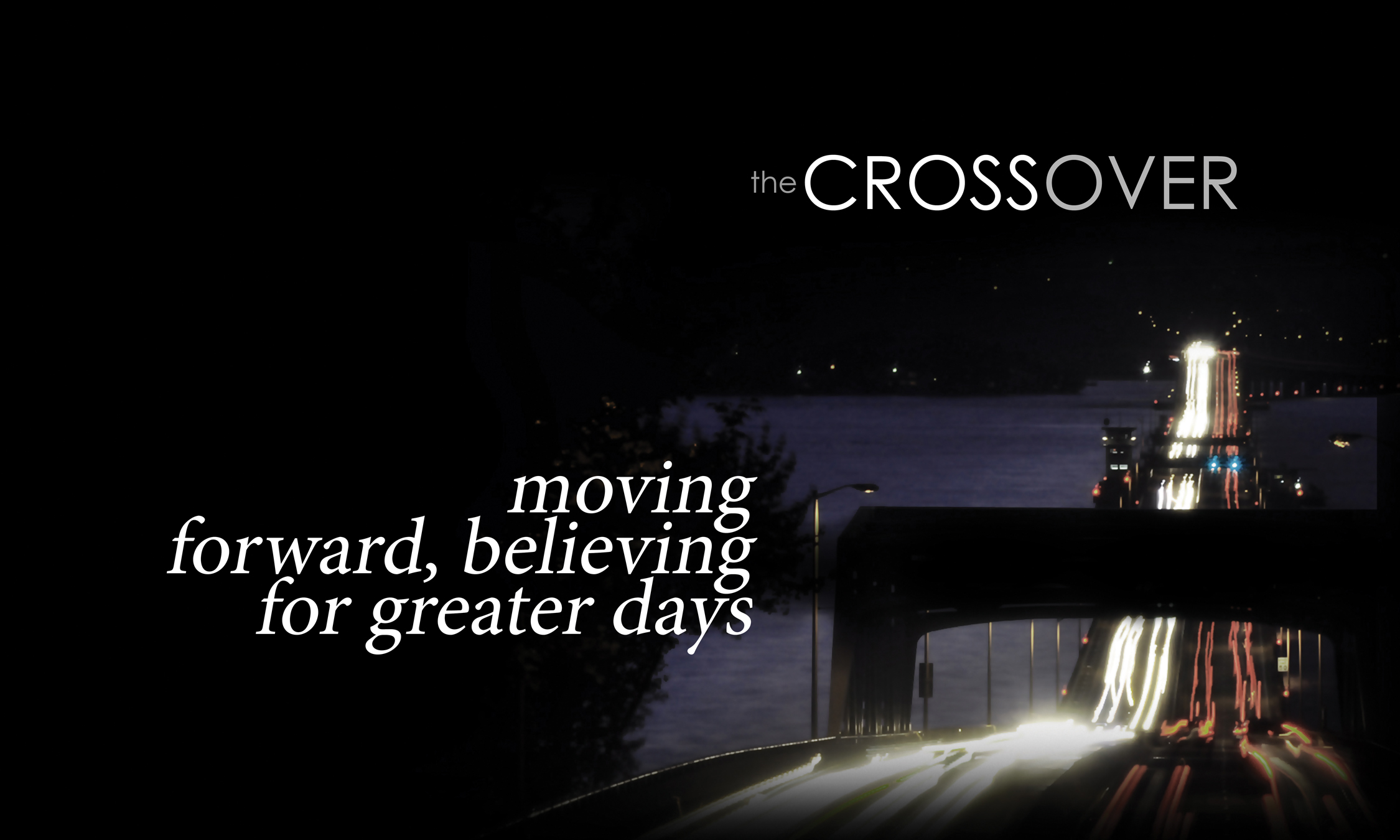The Ultimate Flow Breaker
The old flow has to be broken in order for us to enter a new flow.
If you’re getting married—the old, single life must die.
If you’re getting healthy—unhealthy habits must be broken.
Unfortunately, we’re not always successful in breaking the old flow (which causes us to fail in the new flow).
But there is Good News…
Jesus is the ultimate flow breaker.
He permanently broke the old system, the old flow.
God no longer measures our right standing with him based on our ability to be good and do good.
Jesus did that for us: he was good and did good; he lived a pure, holy, sinless life…
And he became our once-and-for-all sacrifice.
Here’s what the Bible says about it:
“God put the wrong on him (Christ) who never did anything wrong, so we could be put right with God”
(2 Corinthians 5.21 MSG)
“Now that we are set right with God by the means of this sacrificial death… there is no longer a question of being at odds with God in any way.” (Romans 5.9 MSG)
“Anyone who belongs to Christ is a new person. The past is forgotten, and everything is new. God has done it all!”
(2 Corinthians 5.17, 18 CEV)
In other words, Jesus broke the old flow COMPLETELY and opened the entrance to the new flow—for us.
It’s kinda like the Jordan river getting stopped up so that 2 million Israelites could crossover on dry ground into the New Territory…
Jesus made the way for us to enter this new flow, this new life in him.
Our ability to be good and do good is no longer the issue.
It’s all about him—Jesus, the ultimate flow breaker.








